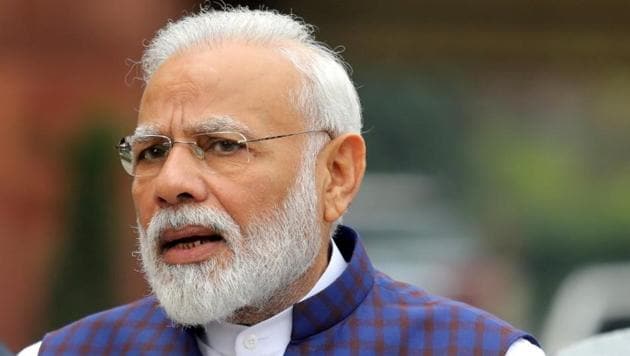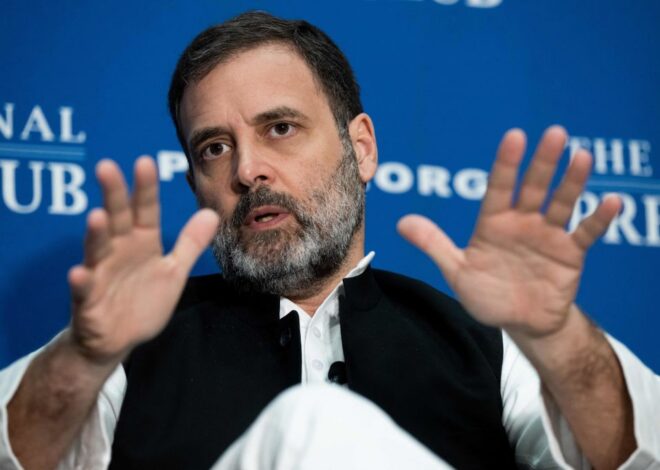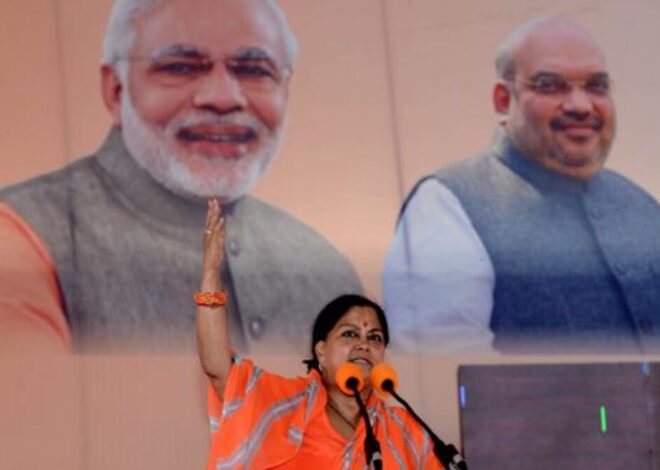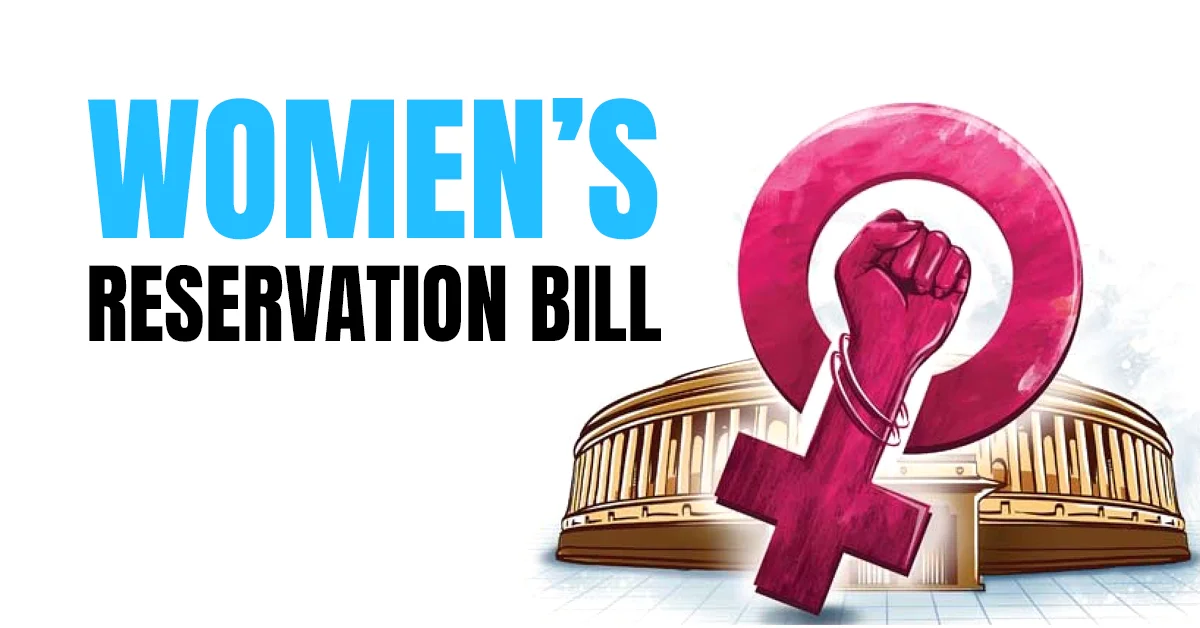
The Women’s Reservation Bill Debate: Indian Politics
Within the intricate tapestry of India’s diverse culture and democratic values, the challenge of gender equality, especially within the political arena, has persisted as a contentious issue, casting a shadow over the significant societal contributions of women. The Women’s Reservation Bill, conceived as a means to amplify women’s involvement in politics, continues to be a central topic in an impassioned and enduring discourse.
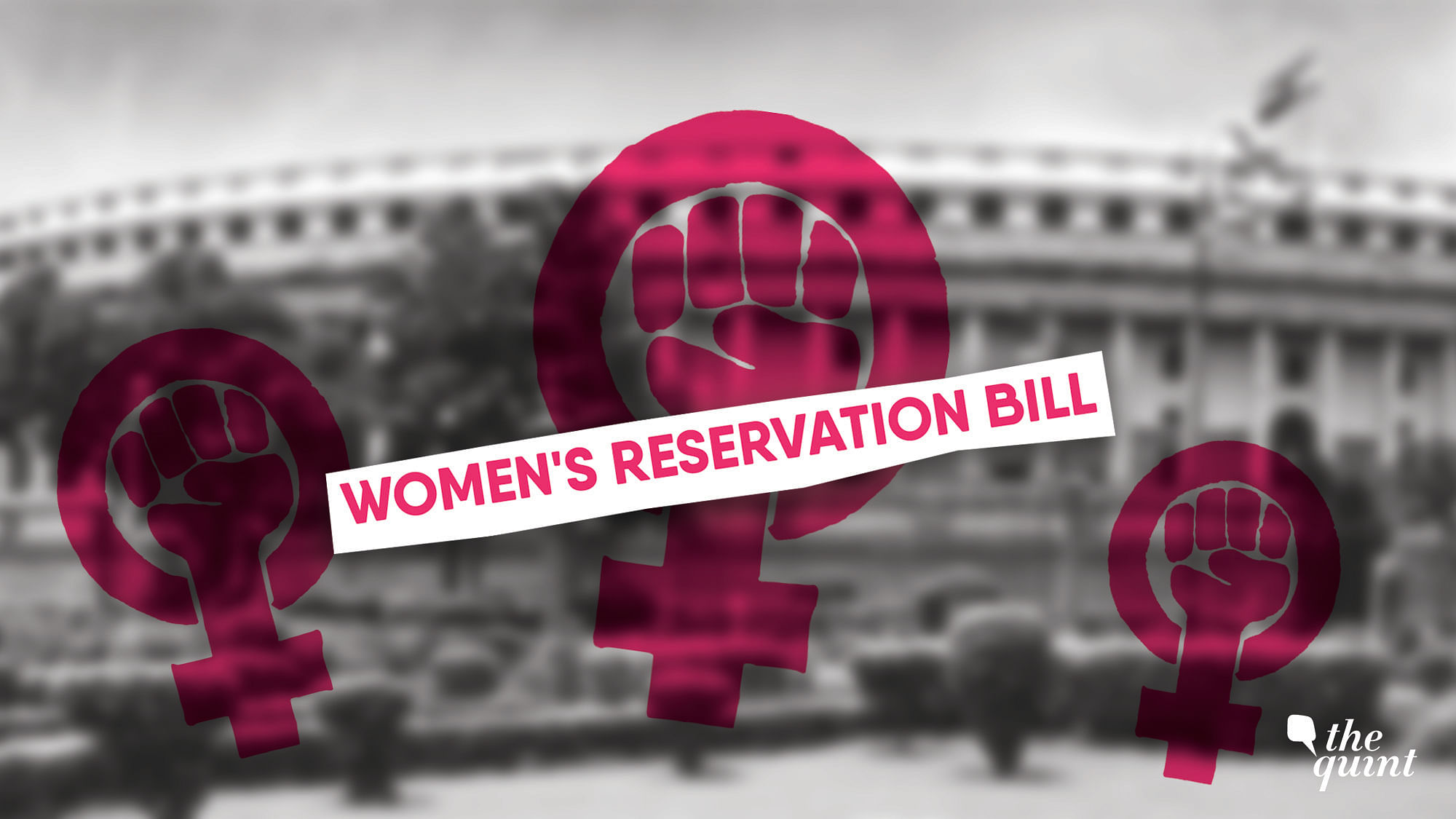
Read more.. Government Divisions In India: An In-Depth Overview
Read more.. Indian Government Sectors: A Comprehensive Examination
The Women’s Reservation Bill: A Brief Overview
The Women’s Reservation Bill, formally known as the Constitution (108th Amendment) Bill, made its debut in the Indian Parliament back in 1996 with the core aim of allocating 33% of seats in the Lok Sabha and state legislative assemblies to women, aiming to rectify the longstanding gender disparity in Indian politics, where women have historically occupied significantly fewer elected positions.
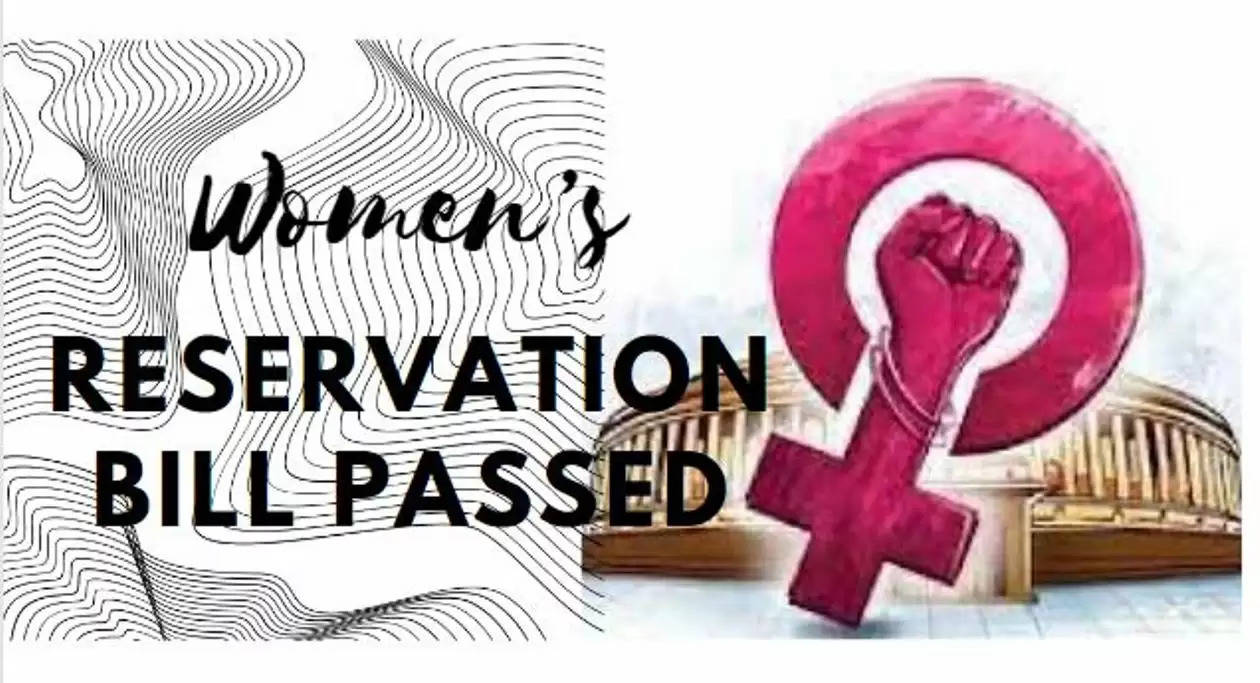
Read more.. How to Identify which shares are good: Unearthing the Gems
Read more.. How to Buy The Online Sovereign Gold Bond with Discount
Arguments in Favor of the Women’s Reservation Bill
1. Promoting Gender Equality: Advocates of the bill assert that it represents a crucial stride toward realizing gender equality in Indian politics, offering a structured avenue for women to engage in the top echelons of decision-making, long dominated by men.
2. Empowering Women: Reservation ensures that women from diverse backgrounds get an opportunity to engage in politics. This empowerment can lead to a more balanced and representative government that takes into account the needs and perspectives of half the population.
3. Social Transformation: Advocates contend that increased women’s participation can bring about social transformation. Women in politics can champion issues like healthcare, education, and women’s rights with a unique perspective, potentially leading to policy changes that benefit all citizens.
4. Global Benchmark: Many countries have successfully implemented similar reservation policies to improve gender parity in politics. India’s adoption of the Women’s Reservation Bill would bring it in line with international standards for gender representation in governance.
Arguments Against the Women’s Reservation Bill
1. Tokenism: Critics argue that reserving seats for women could lead to tokenism, where women are elected solely to meet quotas rather than for their qualifications and capabilities. This, they claim, could undermine the quality of governance.
2. Issues of Intersectionality: The bill does not address the complex issue of intersectionality – the overlap of gender with other factors like caste, religion, and economic status. Critics contend that it may primarily benefit women from privileged backgrounds.
3. Political Party Resistance: Some political parties have resisted the bill, citing difficulties in finding suitable women candidates for all reserved seats. They argue that it could lead to the promotion of dynastic politics as family members of male politicians may be fielded to meet the quota.
4. Legislative Deadlock: The bill has been stuck in legislative deadlock for years due to political disagreements, raising concerns about its feasibility and implementation.
Conclusion
The Women’s Reservation Bill is undeniably a critical and multifaceted issue in Indian politics. While it holds the potential to transform the landscape by promoting gender equality and empowering women, it also faces opposition based on concerns about tokenism and logistical challenges.
A balanced approach that addresses these concerns while maintaining the bill’s core objectives is essential. In essence, the Women’s Reservation Bill debate mirrors the enduring quest for gender equality in Indian politics, and its outcome will profoundly influence the trajectory of democracy in the world’s largest nation. The attainment of gender parity in political representation transcends mere policy; it mirrors a society’s steadfast dedication to justice, equality, and advancement.

